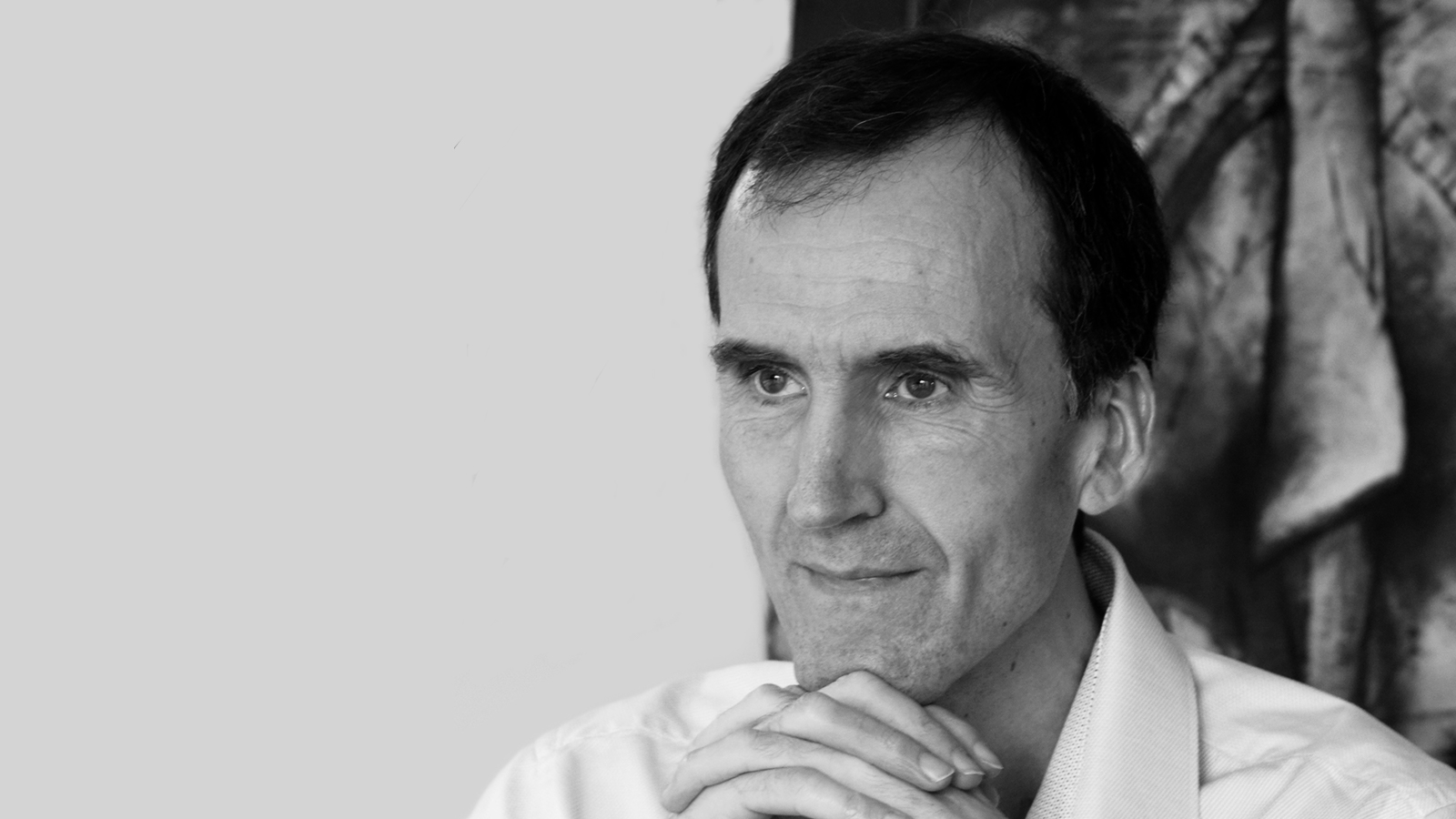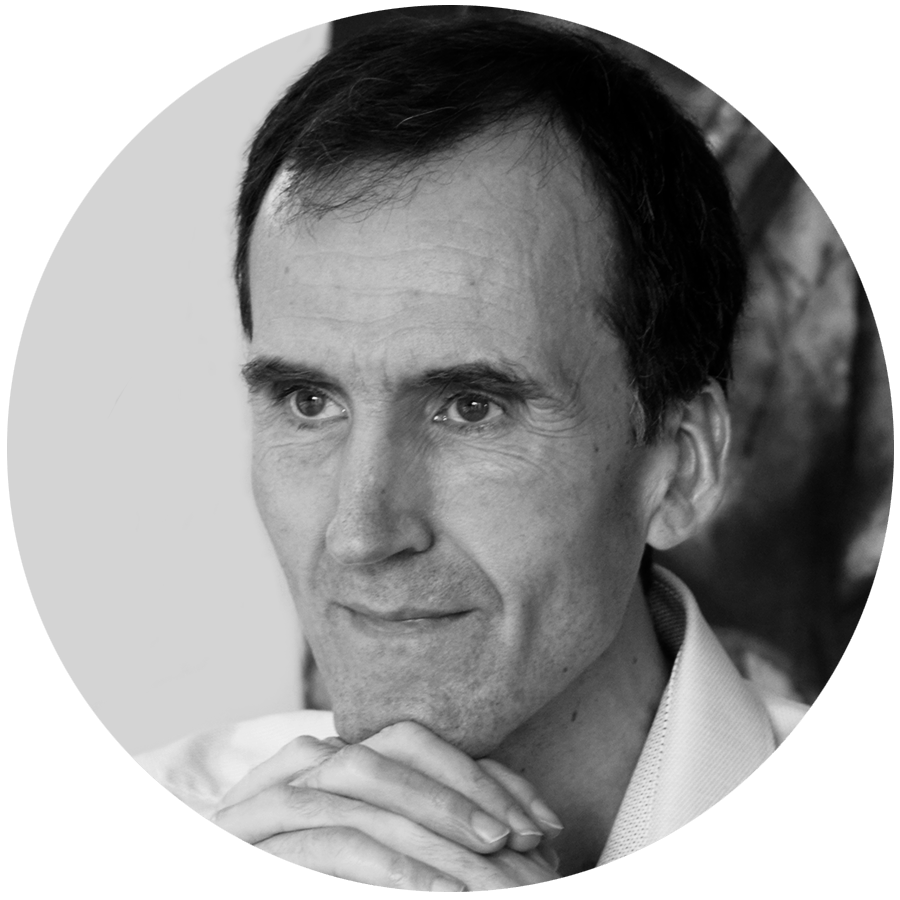
The Norwegian Cancer Society used to have a traditional website. It focused a lot on asking for donations. Then it decided to ask Norwegians what they wanted and it was told in no uncertain terms that people wanted information on cancer symptoms, treatment and research. No surprise there.
At the very bottom of the list of reasons they came to the website was to donate. This caused some shock and discord within the society. It worried about what would happen if it couldn’t raise donations. However, it decided to listen to Norwegians and created a new website that very clearly focused on delivering vital cancer information. On its homepage, in particular, it stripped away practically all requests for donations. Donations doubled.
Yes, when the Norwegian Cancer Society focused on its purpose, people gave it more money. It stopped communicating: “Give us money so that we can help.” It started communicating: “Here’s how we help.”
All organisations have a lifelong love affair with themselves.
All organisations love themselves intensely. Some try to hide it as well as they can, but all organisations have a lifelong love affair with themselves. I’ve consulted in more than 40 countries. Nobody has ever said to me: “Please help us become more organisation-centric. Right now, we’re too customer-centric.”
The relationship between organisations and customers, supporters, and beneficiaries has rarely been one of equality. The organisation has always behaved as if it is the dominant partner. The organisation decides the strategy, and then everyone else listens, is educated, and follows.
It doesn’t work that way any more. Societal trust for organisations is in severe decline, while trust in peers is growing. More and more people simply don’t trust the system and the organisations that make up the system. Scepticism abounds. People want to see results, not promises. What the Norwegian Cancer Society did was create a website that was useful. Instead of pleading for donations to help fight cancer, it created a website that fights cancer. Today, the rule is: “Show. Don’t tell.”
Organisations must focus more as coordinators and channellers of ideas and actions, rather than centres of power and knowledge.
What is an organisation today? Pre-internet, you could define an organisation based on its offices, its staff, the resources it owned and controlled. Not today. The internet is the organisation and within the internet are a universe of networks, some very loose, some more solid.
There’s a growing realisation that customer experience is key. What this means is: let’s organise around the customer. Let’s put the customer first. Organisations must reach out into the network, learning from their supporters and beneficiaries, developing and adapting with them. We need far more humility, diversity of thought, cooperation and collaboration.
Organisations still matter. But they must focus more now as coordinators and channellers of ideas and actions, rather than centres of power and knowledge. These are exciting times. We have a collective intelligence, we have networks of opportunity, we have the ability to change. The organisations that will achieve the most will be those who can change themselves the most in order to take advantage of these opportunities.

Gerry McGovern is founder and chief executive of Customer Carewords. He is also a writer and a speaker. Gerry’s most recent book is Transform: A Rebel’s Guide to Digital Transformation.
